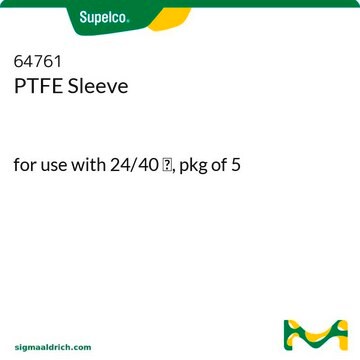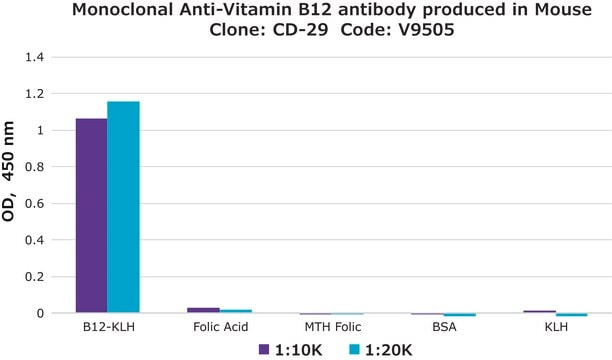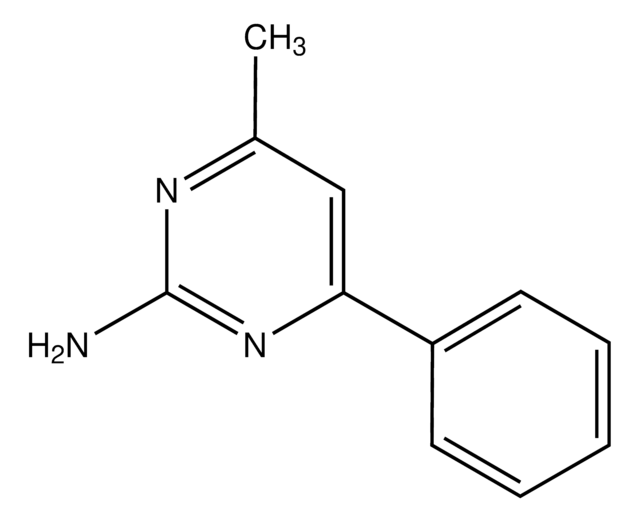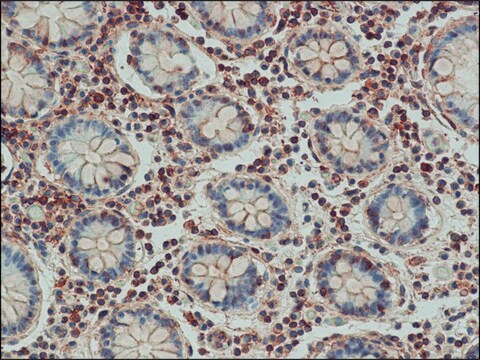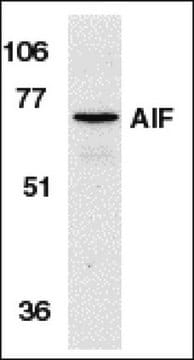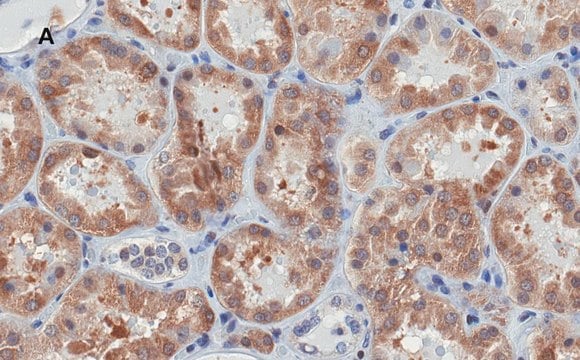A7549
Anti-Apoptosis-Inducing Factor antibody produced in rabbit
IgG fraction of antiserum, buffered aqueous solution
Sinónimos:
Anti-AIF
About This Item
Productos recomendados
biological source
rabbit
conjugate
unconjugated
antibody form
IgG fraction of antiserum
antibody product type
primary antibodies
clone
polyclonal
form
buffered aqueous solution
mol wt
antigen 57 kDa
species reactivity
mouse, human
packaging
antibody small pack of 25 μL
technique(s)
microarray: suitable
western blot: 1:1,000 using human epitheloid carcinoma HeLa cell extract and mouse brain extract
UniProt accession no.
shipped in
dry ice
storage temp.
−20°C
target post-translational modification
unmodified
Gene Information
human ... AIFM1(9131)
mouse ... Aifm1(26926)
General description
Rabbit Anti-AIF antibody recognizes human and mouse AIF (57kDa). Staining of AIF in immunoblotting is specifically inhibited with the AIF immunizing peptide (human, amino acids 593-613).
Immunogen
Application
Biochem/physiol Actions
Physical form
Disclaimer
¿No encuentra el producto adecuado?
Pruebe nuestro Herramienta de selección de productos.
Storage Class
12 - Non Combustible Liquids
wgk_germany
WGK 2
flash_point_f
Not applicable
flash_point_c
Not applicable
Certificados de análisis (COA)
Busque Certificados de análisis (COA) introduciendo el número de lote del producto. Los números de lote se encuentran en la etiqueta del producto después de las palabras «Lot» o «Batch»
¿Ya tiene este producto?
Encuentre la documentación para los productos que ha comprado recientemente en la Biblioteca de documentos.
Nuestro equipo de científicos tiene experiencia en todas las áreas de investigación: Ciencias de la vida, Ciencia de los materiales, Síntesis química, Cromatografía, Analítica y muchas otras.
Póngase en contacto con el Servicio técnico
